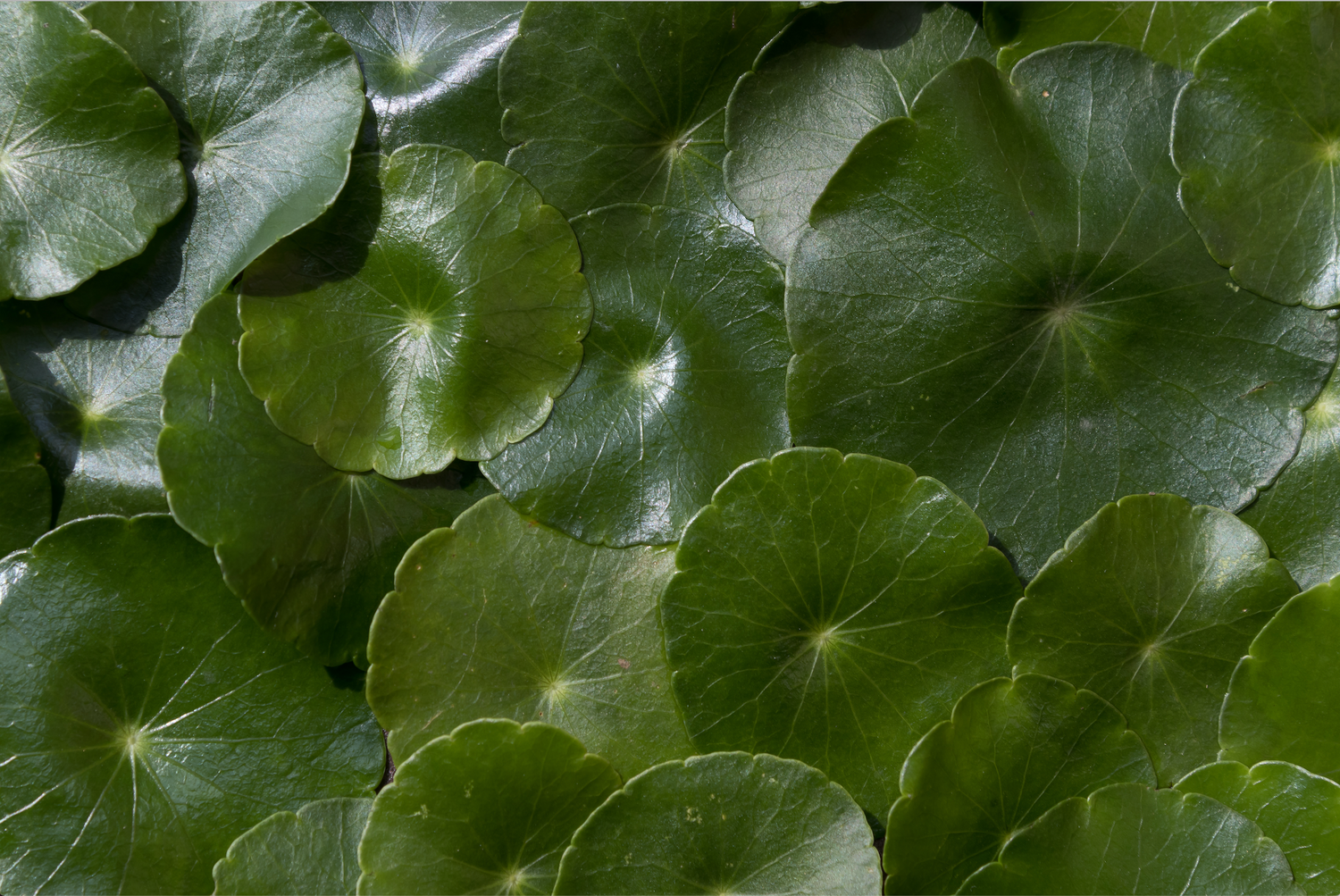
L-Lysine Foods and Their Benefits
It’s safe to assume that most of us are familiar with protein and its importance in building and repairing tissue as well as our overall health. However, the building blocks of protein, known as amino acids, are equally as important. Both animal and plant plant and animal protein sources are made up of 20 amino acids, nine of which are considered “essential" (1). Essential amino acids cannot be synthesized by the body, making them “dietarily essential" (1).
L-lysine Benefits
Lysine is one of the nine essential amino acids that must be included in our diet. Lysine plays an important role in helping tissue grow and recover from damage. Other functions of lysine include (2):
- Promotes calcium, iron and zinc absorption
- Assists collagen growth
- Supports production of enzymes, antibodies and hormones
- Boosts the immune system
Additionally, lysine has been researched for its ability to fight against herpes simplex viruses, lower blood pressure and treat diabetes (2).
L-lysine Foods
What foods have lysine? L-lysine is available in many foods, particularly in red meats, fish and dairy products. If you follow a vegan or vegetarian diet you’re in luck, as l-lysine is available in many plant-based foods as well. Plant-based sources include:
- Fruits and vegetables such as avocado, dried apricot/mango, and potatoes
- Legumes such as soy, beans and chickpeas/hummus
- Nuts, seeds and grains such as pumpkin seeds, cashews and quinoa
- Algae such as spirulina
With proper nutrition and a healthy diet rich in proteins, vitamins/minerals and antioxidants, it shouldn’t be too difficult to meet your daily lysine needs (3). However, if you are supplementing with or focusing on l-lysine supplementation for specific health benefits (such as herpes prevention) you’ll want to monitor your arginine or l-lysine intake, a semi-essential amino acid that can be synthesized by the body and consumed through food (3).
While arginine is an important aspect of a well-balanced diet, it competes with the absorption of l-lysine. For this reason, you’ll want to keep your arginine intake low depending on existing health conditions.
The Bottom Line
L-lysine is an essential amino acid that is widely available in both plant based and non-plant based foods. There are many l-lysine supplements on the market; however, long-term use of dietary lysine supplements is unknown, and so it is advisable to focus on consuming naturally l-lysine rich foods such as pumpkin seeds and spirulina (both of which are found in GEM).
As always, consult with your healthcare provider if you have any questions regarding dietary l-lysine as a method of treatment for any conditions.
Photo by Shayda Torabi on Unsplash
Sources:
https://www.ncbi.nlm.nih.gov/books/NBK234922/
https://www.medicalnewstoday.com/articles/324019#health-benefits
https://www.healthline.com/health/lysine-foods#lysine-in-meat
This article is based on scientific research and/or other scientific articles and contains trusted sources. Our goal at GEM is to give readers up-to-date and objective information on health-related topics. GEM content is written by experienced health and lifestyle contributors and articles undergo an extensive review process. All references are hyperlinked at the end of the article to take readers directly to the source.